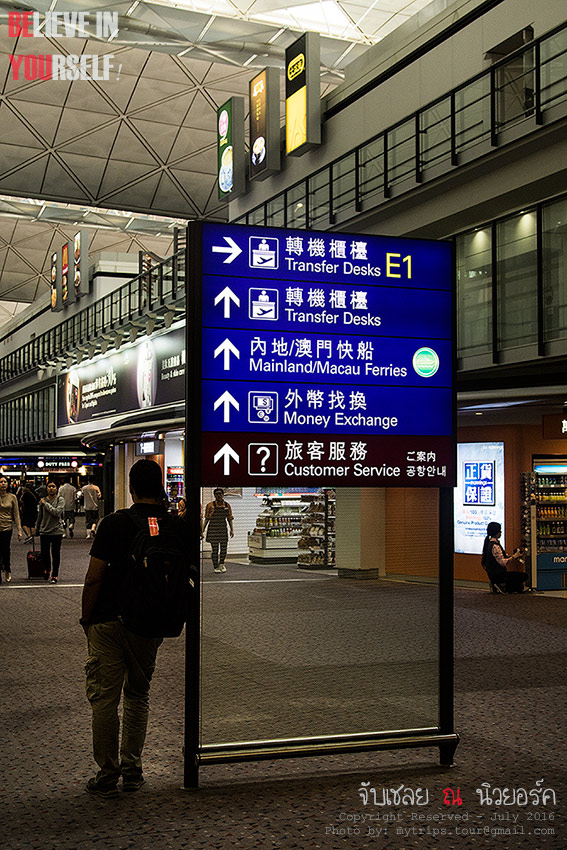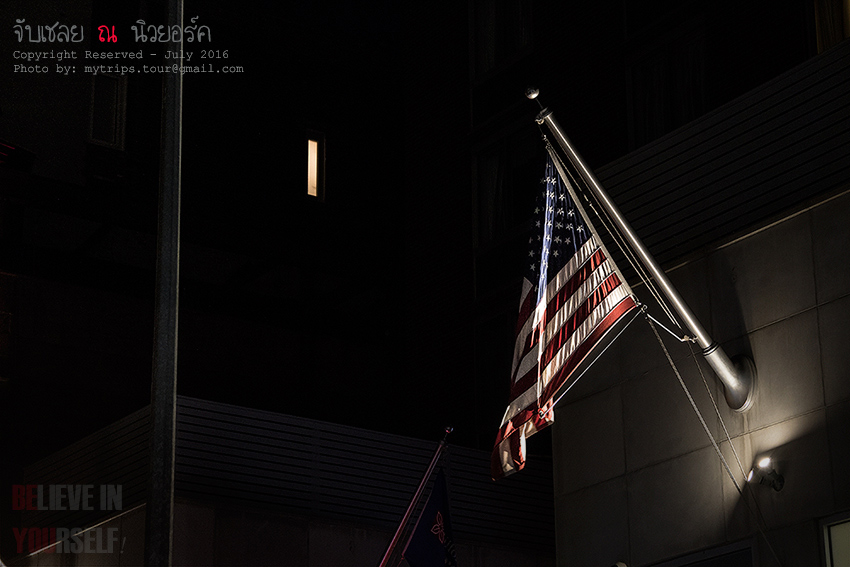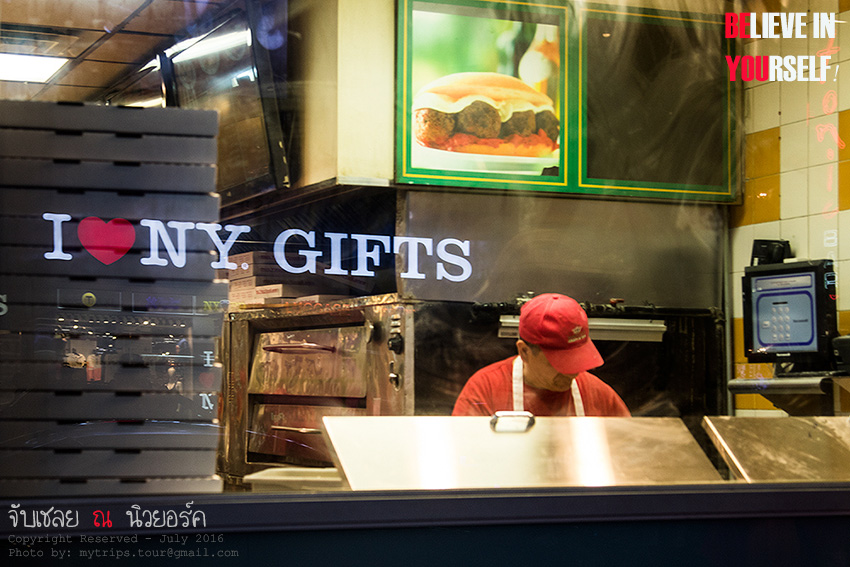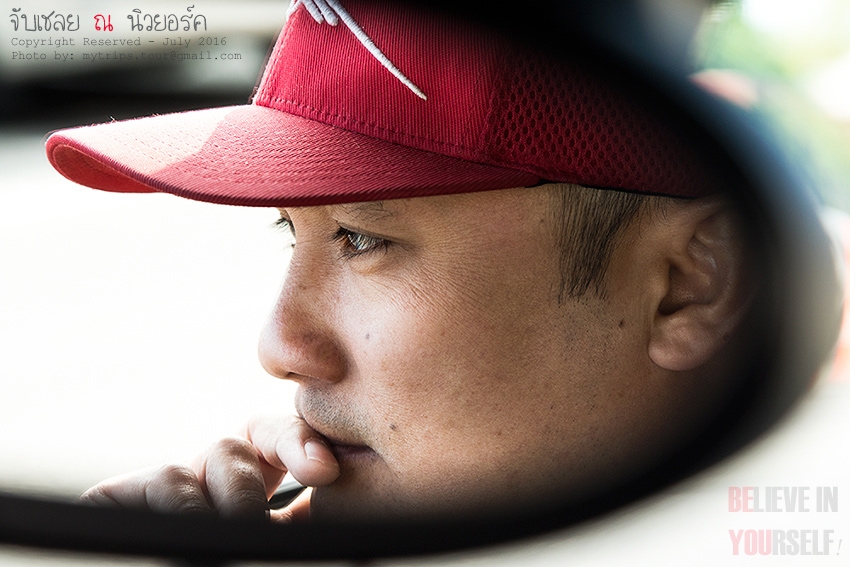
“เชลย” บางพจนานุกรม หมายถึง “ผู้ที่ถูกข้าศึกจับกุมตัวได้ ในยามศึกยามสงคราม” (มีความหมายมากกว่านี้ในหลายพจนานุกรม แต่ขอกล่าวเพียงเท่านี้) เมื่อคำดังกล่าว ได้ถูกผัน นำมาใช้ในการออกรอบตกปลา นั่นย่อมหมายถึง การที่จับเอาคนที่สุดท้ายตกปลาไม่ได้ (แห้ว) ในก๊วนที่ออกรอบตกปลาด้วยกัน “เป็นเชลย” ผู้ที่ตกเป็นเชลย จะซื้อเบียร์เลี้ยงเซ่นไหว้เพื่อนๆในก๊วนที่ตกปลาด้วยกัน หรือ ถูกเอาแป้งทาหน้า ฯลฯ แล้วแต่ว่ากติกาในครั้งนั้นจะเป็นอย่างไร เป้าหมายก็เพื่อ ให้เกิด “เสียงหัวเราะ” ในหมู่เพื่อนฝูง คลายความเครียดจากหน้าที่การงานตลอดสัปดาห์ที่ผ่านมา และเพื่อ “กระชับความสัมพันธ์” ในหมู่เพื่อนพ้องน้องพี่นักตกปลา หาได้มีเจตนาอื่น อำพรางแฝงอยู่ไม่ และนี่คือ ที่มาที่ไปของ “เกมส์จับเชลย” [Subtitle: “Slave” in accordance with a dictionary means “person who captured by the enemy at war” (there’re various meaning in various dictionaries, but I scope it only this meaning). Once this term is adapted to the fishing trip, it means catching the last ones in the fishing gang, who cannot catch any fish (loser) during the fishing trip to be “slave”. Therefore, Slave pays for a beer or two shares with folks in that trip or may be painted with powder by his folks, etc. – depends on the rules of each trip will be. The purpose is to create “laugh” among friends, release tension from work after hectic week passed, and to “gain relationship” within that fishing folks of angler. No hidden agenda contained therein at all. This’s the background of “catching slave game”.]
ในยุคที่ผมเคยเล่นเกมส์นี้ ตัวผมเอง ก็มักจะตกเป็นเชลยส่วนใหญ่ด้วย ทำไม? ก็เพราะเวลาที่ผมออกรอบตกปลา ผมไปเพื่อ “หาความสุข” ไม่มีธุรกิจเกี่ยวข้อง ผมจึงมักไม่ขะมักเขม้นจริงจังในการตกปลา อยากจะตก ก็ตก ถ้าเมื่อย ผมก็พัก จึงไม่แปลกที่ผมมักจะตกเป็นเชลยเสียส่วนใหญ่ เบียร์เพียงน้อยนิด ที่ซื้อเลี้ยงเพื่อนๆเมื่อประกาศผลจับเชลย ย่อมเป็นเพียง “หัวเชื้อ” เพื่อการลงขันซื้อในขวดต่อไป หาไม่แล้ว “โกวเล้ง” ก็คงไม่ชอบบรรยากาศในการร่ำสุราเป็นแน่ๆ นี่แหละครับ “บ่อเกิดแห่งความสัมพันธ์ฉันท์เพื่อน” เมื่อยามที่ออกรอบตกปลาด้วยกัน [Subtitle: Once I was playing this game, I often being caught as a slave in this game. Why? Because, I do fishing for the purpose of “happiness” only – no business involved. I don’t take it serious i.e., if I wanna cast - I cast, if I get tired – I rest. No wonder that I was being a slave so many times. Just a few of beers I bought for friends is to “lure” them buying the next ones. Unless otherwise, “Gu Long” (Taiwanese novelist) may not like the drinking atmospheres indeed. And this is the “well of friendly relationship” when we go out for fishing together.]
แต่เหรียญย่อมมีสองด้านเสมอ ครั้นจะมองเพียงด้านใดเพียงด้านเดียวนั้น ก็หาได้ไม่ ดังนั้น การจับเชลย จึง “มีข้อจำกัด” และเหมาะสำหรับ ผู้มี “ความฉลาดทางอารมณ์” ที่เพียงพอเท่านั้น (Emotional Quotient หรือ E.Q.) หมายถึง ความฉลาดทางอารมณ์ในการรับรู้ และเข้าใจอารมณ์ ทั้งของตนเองและผู้อื่น ตลอดจนสามารถปรับหรือควบคุมได้อย่างเหมาะสมกับสภาวการณ์ เช่น ไม่แสดงอารมณ์เสีย งอน พูดด้วยก็ไม่พูดด้วยเหมือนเด็ก เป็นต้น (เห็นภาพนะ) ดังนั้น คำนำหน้าชื่อใดๆ ที่พกติดตัวมาตกปลาด้วย ก็มิได้เกื้อกูลในคนๆนั้น มี “วุฒิภาวะที่ฉลาดทางอารมณ์” ให้หลุดพ้น “การเอาแต่ใจ” ไม่สมกับคำนำหน้าชื่อที่อุปโลกน์ยกตนขึ้นมานั้น เอาเสียเลย [Subtitle: There’s always two sides of coin. It couldn’t be seen only a side. Therefore, catching slave game “contains limitation”, and only suite with ones who have enough (Emotional Quotient or E.Q.). It means emotional intelligent to know and understand the emotion yourself and others including to be able to control emotion suitable with the situation e.g., not act moody, play hard to get or ignore to respond while somebody talks to , for example (see the figure?). Therefore, prefix term before the name, which someone brings along during the fishing trip, cannot support that person to have the “emotional intelligent” in order to overcome “demanding” that is not aligned with such prefix term before the name at all.]


![[b]วิธีการใช้กระทู้นี้:[/b] [i][Subtitle: How to use this post.][/i]
1) ดูรูปอย่างเดียว แล้วไม่อ่าน](../_pictures/board/upload2016/201609/14740941223209.jpg)

![พอผมเดินออกมาจากเครื่องบิน ผมก็เก็บภาพแรก ณ ฮ่องกงด้วยภาพใบนี้ [i][Subtitle: Once I walked out from](../_pictures/board/upload2016/201609/14740942508953.jpg)

![Street shot ก็ยังคงมีให้เห็นอยู่เนืองๆ ว่าแล้วก็หยิบกล้อง body ใหม่ออกมาทดสอบกันซะหน่อย [i][Subtitl](../_pictures/board/upload2016/201609/14740944475377.jpg)










![NYC ไม่ได้มีเพียง Yellow Cap เพียงเท่านั้นนะครับ [i][Subtitle: NYC does not have only the yellow ca](../_pictures/board/upload2016/201609/14740946765954.jpg)





 เมินไหนก็ไปเหียเตื้อครับ
เมินไหนก็ไปเหียเตื้อครับ 


![ผมนอนชั้นสอง หน้าต่างห้องนอนยังเปิดทิ้งไว้อยู่เลย [i][Subtitle: I stayed at second story. The windo](../_pictures/board/upload2016/201609/14740949077302.jpg)



![ไม่ช้าไม่นานเกินรอ นายแบบเราๆก็โผล่ออกมาจากสถานีรถไฟแล้ว [i][Subtitle: Not too long, our model has](../_pictures/board/upload2016/201609/14740950643271.jpg)
![เขารู้ตัวแล้วว่า ตกเป็นเป้าใน Viewfinder ของผม ไม่ต้องกังวลไปนะ ถูกผมจับให้เป็นนายแบบแน่ๆ [i][Subti](../_pictures/board/upload2016/201609/14740951401212.jpg)

